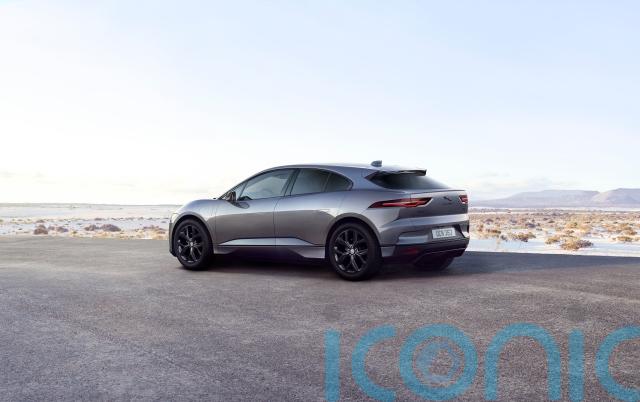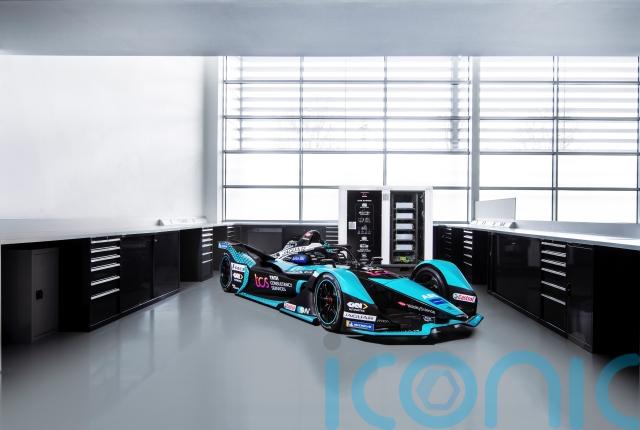
Jaguar Land Rover (JLR) has signed an agreement that will see the batteries from some of its electric I-Pace SUVs reused once the car is scrapped.
The British firm is working with energy experts Pramac to create a portable zero-emission storage unit powered by I-Pace batteries.
The lithium-ion cells come from prototype and engineering test vehicles that are no longer in use, supplying zero-emission power when access to the mains supply is limited or unavailable.

JLR says this is the first step towards its goal of creating a circular business model for its vehicle batteries as part of its plan to be net zero by 2039.
The storage system revealed today by JLR and Pramac has a capacity of up to 125kWh, which the firms say could power the average home for a week. Up to 85 per cent of the donated battery can be repurposed by Pramac for the device, including modules and wiring, with the remaining materials recycled back into the supply chain.
The unit is available for commercial hire and has Type 2 electric vehicle connections with a rating of up to 22kW AC.
We are pleased to have partnered with Pramac to create a #ZeroEmissions charging unit using second-life @Jaguar I-PACE #batteries.
Battery reuse will be key to growing our circular economy and achieving our #Reimagine net zero status goal by 2039.https://t.co/THYnmbWI5i pic.twitter.com/pJniMG5PZO
— Jaguar Land Rover (@JLR_News) March 15, 2022
To demonstrate its capabilities, the device was used to run the Jaguar TCS Racing Formula E team’s diagnostic equipment while testing in the UK and Spain. A device will also be deployed at the JLR Experience Centre in Johannesburg, South Africa, to help the site cope with inconsistent mains power.
Andrew Whitworth, battery manager for the Circular Economy Team at Jaguar Land Rover, said: “This announcement is a great example of how we will collaborate with industry leaders to deliver our sustainable future and achieve a truly circular economy.
“We’re delighted to be working with Pramac to use Jaguar I-Pace second-life batteries to provide portable zero-emissions power and supporting Jaguar TCS Racing this season was an excellent opportunity to demonstrate what these units are capable of.”

More of these ‘second life’ programmes for vehicle batteries are in the works at JLR.
Electric vehicle batteries are engineered to the highest quality, but all batteries degrade over time through use and regular recharging. That means that the cells in a car can reach a point where they are no longer of sufficient quality for use in the vehicle, but can find another home in low-energy operations.
Nissan is another car manufacturer that has been working on these second life systems using old Leaf batteries to provide home storage solutions, such as capturing energy from solar panels.
Subscribe or register today to discover more from DonegalLive.ie
Buy the e-paper of the Donegal Democrat, Donegal People's Press, Donegal Post and Inish Times here for instant access to Donegal's premier news titles.
Keep up with the latest news from Donegal with our daily newsletter featuring the most important stories of the day delivered to your inbox every evening at 5pm.